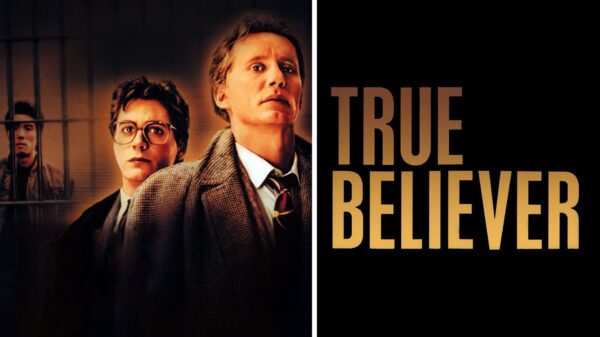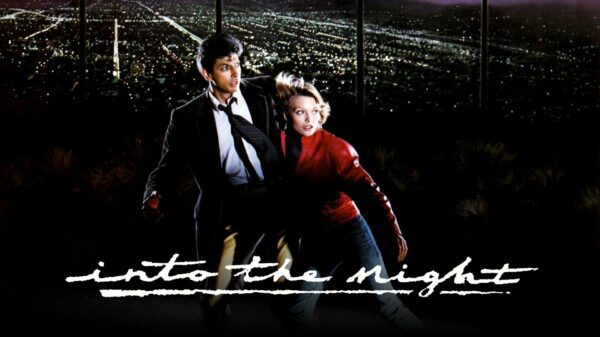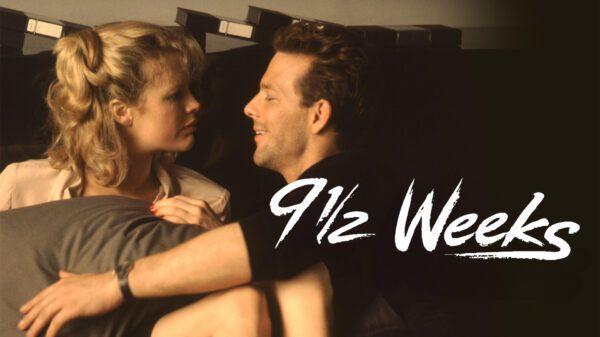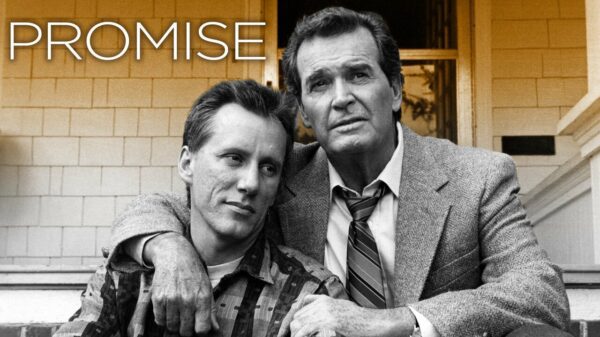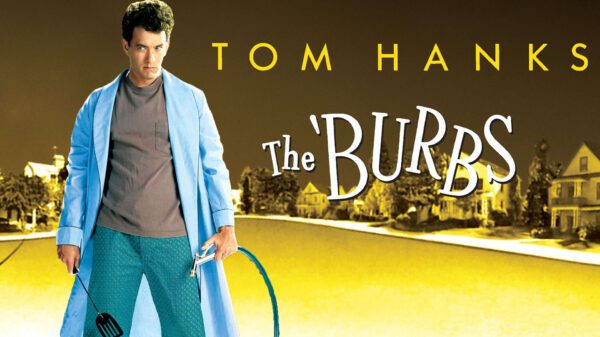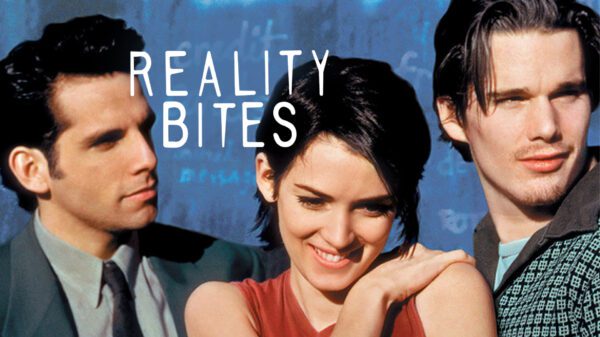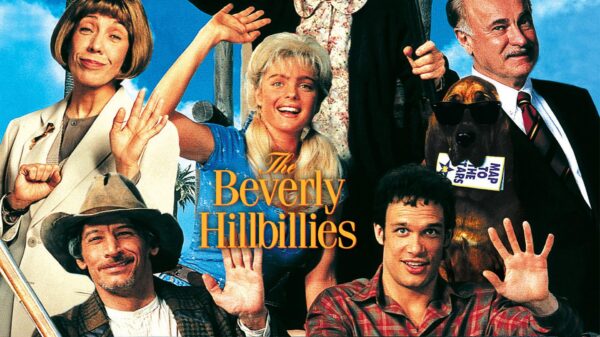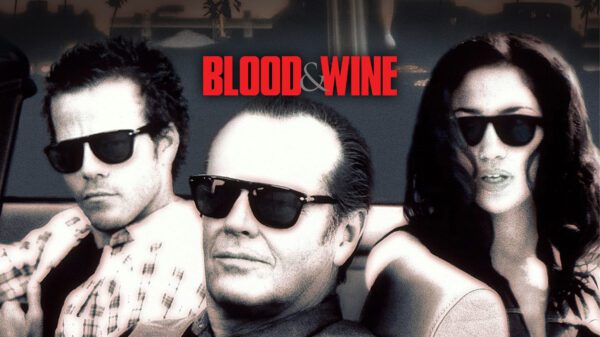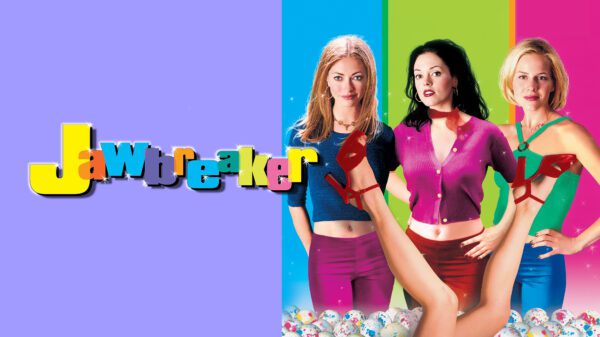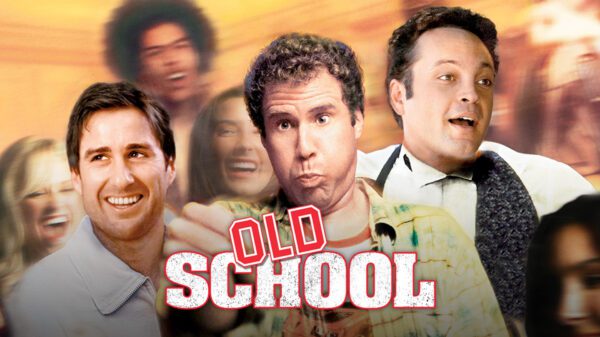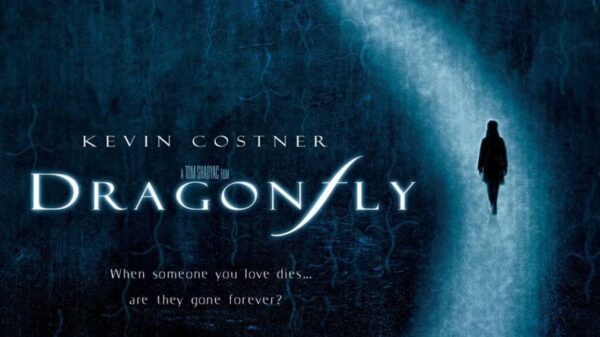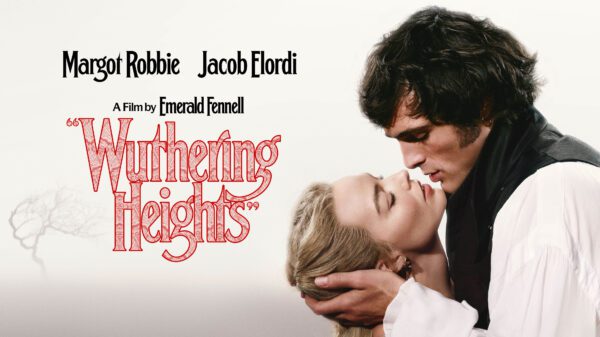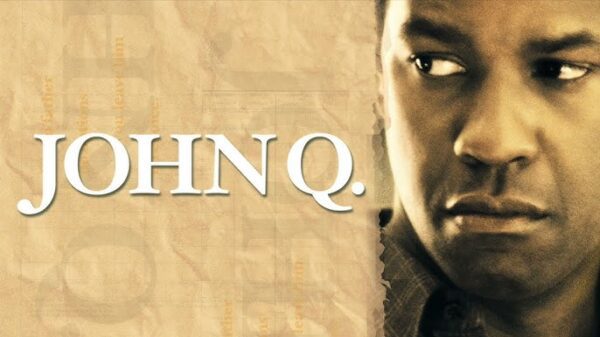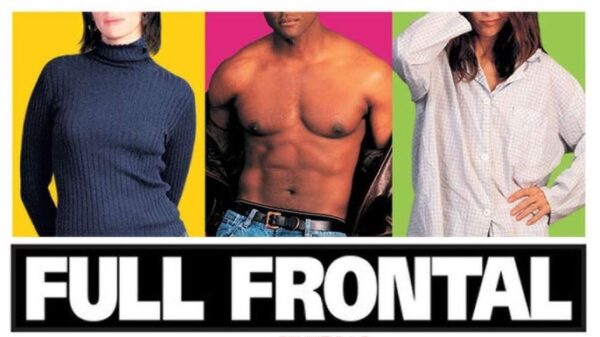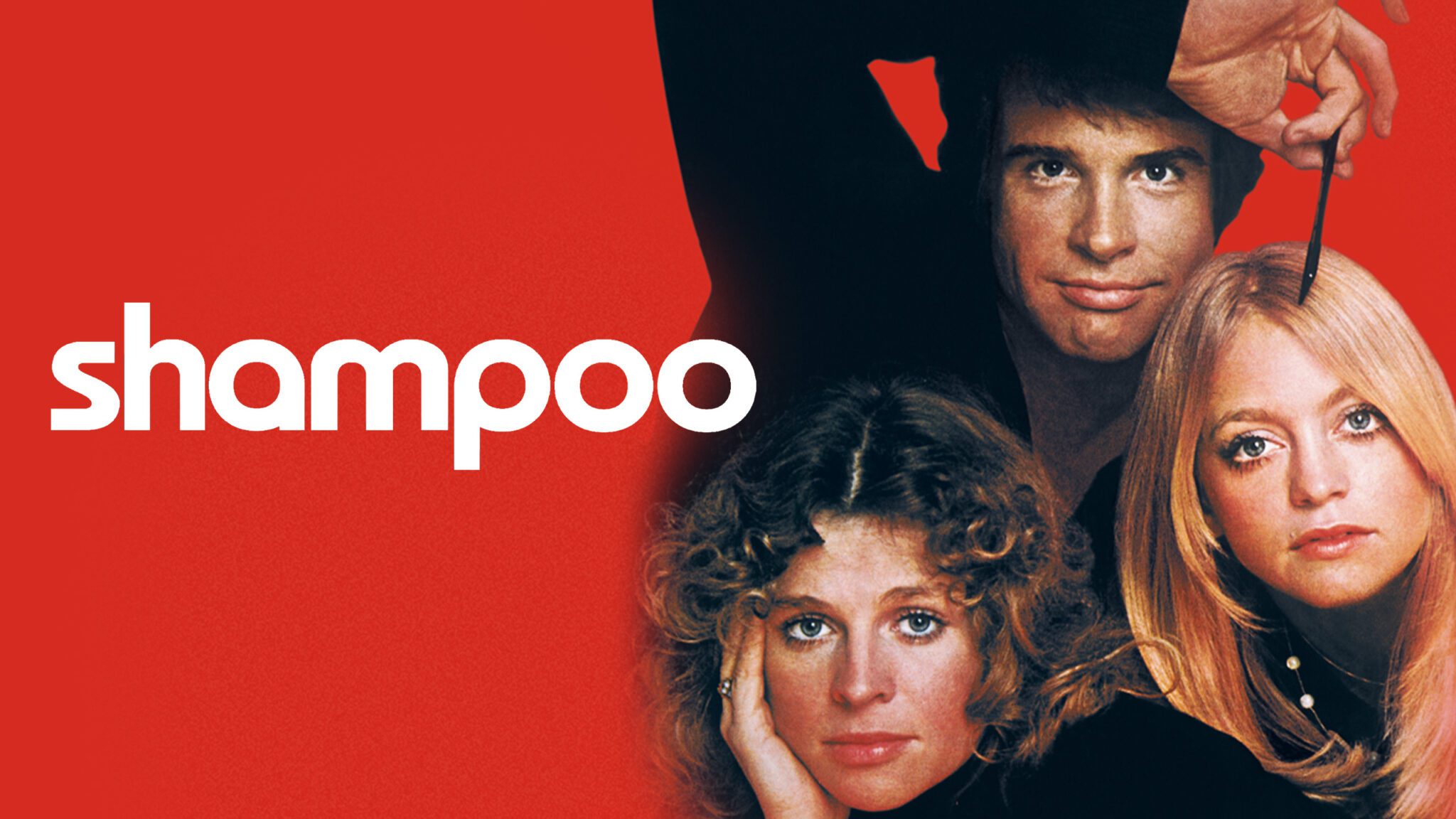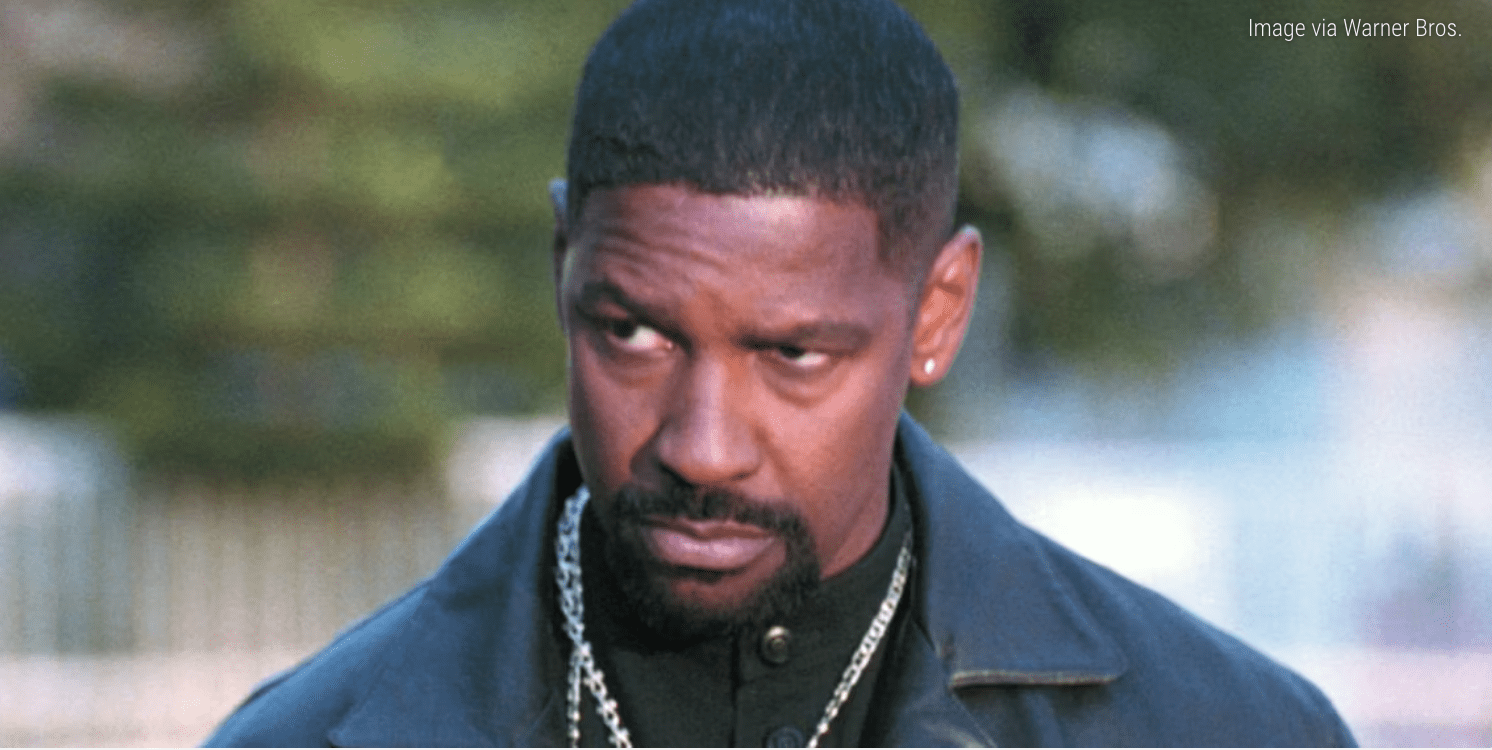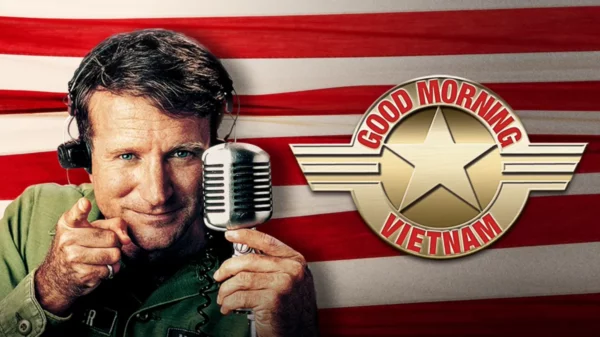Shampoo, celebrating its 50th anniversary from its theatrical release on March 13, 1975, remains a sharp, witty, and surprisingly relevant satire of Hollywood’s sexual and social mores of the 1970s. It’s a film that masterfully blends comedy, drama, and social commentary, creating a timeless exploration of ambition, desire, and the shifting landscape of American culture.
Warren Beatty delivers a charismatic and nuanced performance as George Roundy, a womanizing Beverly Hills hairdresser who finds himself caught in a web of romantic entanglements. Beatty perfectly captures George’s charm, his ambition, and his underlying vulnerability. He portrays the character as both a product and a critic of the hedonistic culture that surrounds him.
The film boasts an exceptional ensemble cast, each delivering compelling and memorable performances.
Julie Christie shines as Jackie Shawn, George’s former lover and a complex and enigmatic figure.
Goldie Hawn delivers a delightful performance as Jill, George’s ditzy but endearing girlfriend.
Lee Grant delivers a powerful performance as Felicia Karpf, a wealthy and manipulative woman who uses George for her own purposes.
Jack Warden is excellent as Lester Karpf, Felicia’s husband.
Carrie Fisher, in one of her early roles, is sharp and witty as Lorna Karpf.
Hal Ashby’s direction is masterful, creating a visually stunning and emotionally resonant film. The cinematography captures the sun-drenched beauty of Beverly Hills and the opulence of its inhabitants. The film’s pacing is deliberate, allowing the audience to fully immerse themselves in the characters’ lives and the complexities of their relationships.
Robert Towne and Beatty’s screenplay is sharp and insightful, offering a biting critique of the superficiality and moral ambiguity of the Hollywood elite. The film’s dialogue is witty and often laced with double entendres, reflecting the sexual liberation and social upheaval of the era.
Shampoo is more than just a comedy; it’s a film that explores the themes of ambition, desire, and the search for meaning in a rapidly changing world. It delves into the complexities of human relationships and the consequences of unchecked hedonism. The film’s narrative is intricate and well-paced, weaving together the stories of its diverse characters with skill and nuance.
The film’s strength lies in its ability to portray the characters’ flaws and their vulnerabilities with honesty and humor. It avoids simplistic judgments and instead focuses on the complexities of their lives and the choices they make.
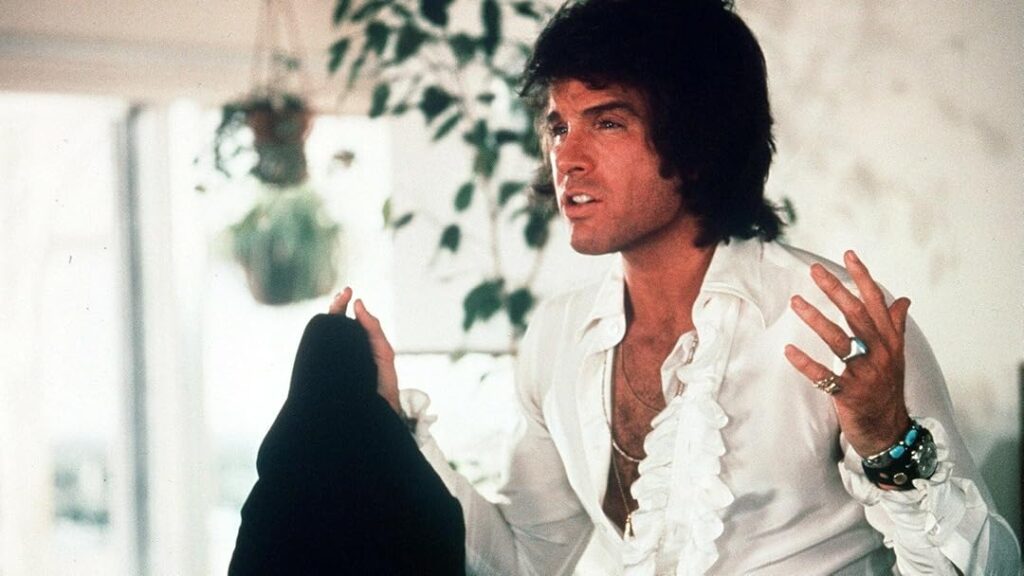
Warren Beatty in Shampoo (Photo/Columbia Pictures)
Reception for Shampoo
The film grossed $49.4 million in its theatrical release.
Roger Ebert gave Shampoo two and a half stars in his review.
Lasting Legacy
50 years later, Shampoo remains a relevant and thought-provoking film. It’s a testament to the power of strong performances, clever writing, and skillful direction. It’s a film that continues to resonate with audiences, reminding us of the enduring power of satire and the complexities of the human condition.

